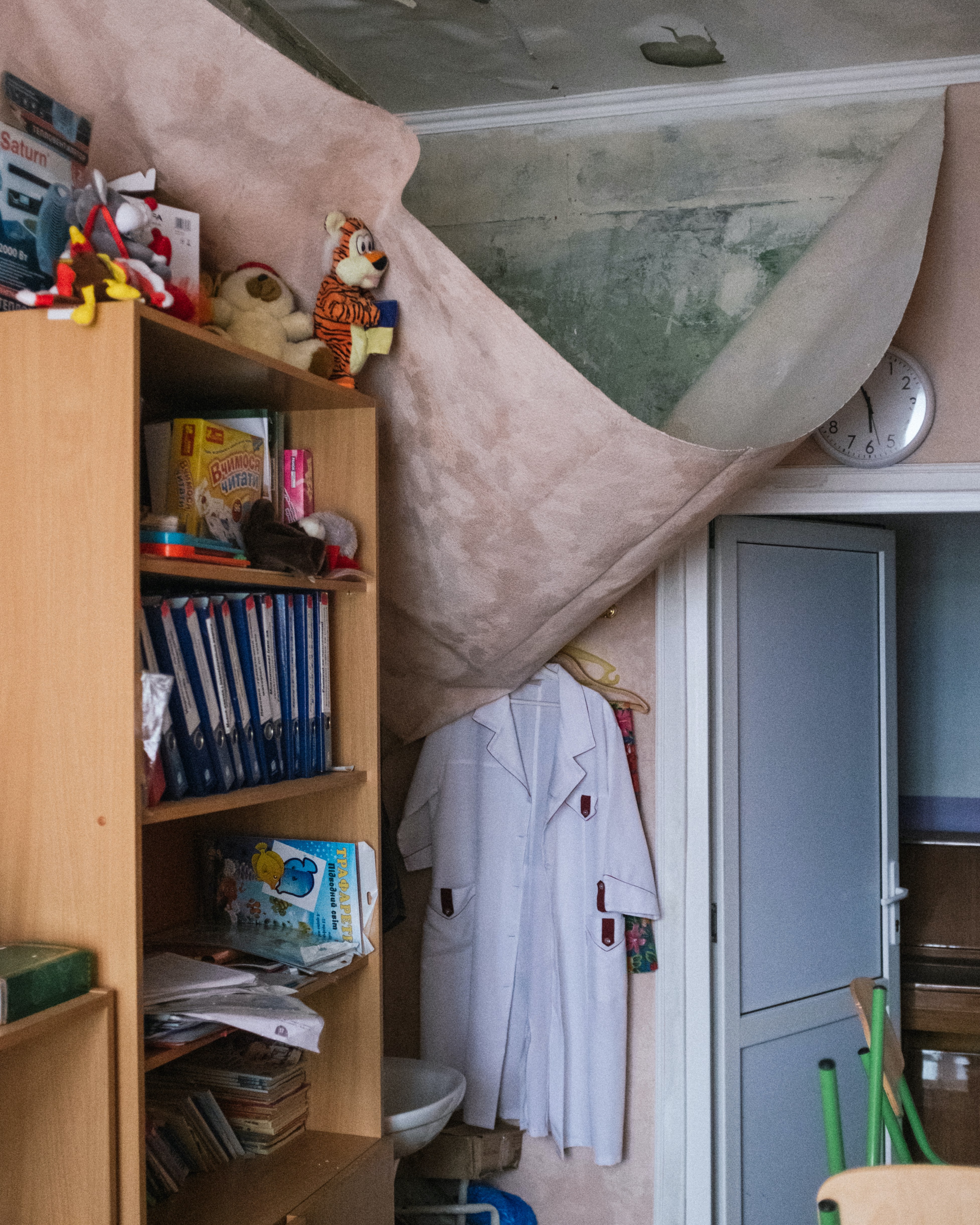For example, Vitalii Naida, the Head of the School of Scientific Leadership at Kharkiv National University, is leading a survey of over 70 students to record their individual stories. The purpose is to give a human dimension to the war, whose overwhelming human suffering may turn into a mere statistic if not properly accounted for. As such, the project seeks to situate students’ wartime experiences within the broader context of human experience, where there is a past and a future, dreams and hopes.
Caught up in war, faculty are under the double pressure of continuing their classes and making sure their activities and choices do not harm their students and colleagues. This is harder to do when the universities are located in temporarily occupied territories, as the invaders force teachers to cooperate and accept a new curriculum. Academics who have dedicated their careers to the study of genocides and wars know all too well what life under occupation can look like. Yet living it personally is not the same as reading from a book. That is why Nadia Ufimtseva, the Manager of Educational Programs at the Ukrainian Center for Holocaust Studies, launched a project to collect testimonies from teachers who are alumni of the Center about their experiences under Russian occupation. Equipped with historical and analytical tools, as well as personal experience, they may offer new insights and questions.
A similar project was undertaken by Natalia Tsybuliak, an Associate Professor at Berdyansk State Pedagogical University. She has also been recording oral testimonies of university teachers and students living in temporarily occupied territories. Interviewing people who are involved in pedagogy is both an exercise in self-reflection and in developing vocabulary to talk about the occupation to an international audience.
Finally, some projects aim to create a comprehensive dataset of needs and challenges university students experience. Considering that the levels of destruction, access to technologies, personal circumstances, and financial situation vary across regions and between individual students, it is important to get a sense of the most acute problems in order to devise priorities and solutions. Maksym Yakovlev, who is the Head of the International Relations Department at the Kyiv-Mohyla Academy, is undertaking such a comprehensive project together with his colleagues.
It will be a thorny path to rebuild the education infrastructure and processes, and the collection of such primary data is the first step forward.
Image courtesy of Roma Pashkovskiy

